Wie stark Wirtschaft und Gesellschaft von der Energieversorgung abhängig sind, hat das Blackout Ende April auf der spanischen Halbinsel gezeigt. Eine Energieinfrastruktur, die auf künftige Gefahren vorbereitet ist und Menschen, die mit kritischen Situationen umgehen können, sind deshalb von grosser Bedeutung. Weiterlesen
Schlagwortarchiv für: Energy
Stromproduktion aus erneuerbaren Energien 2024 erneut gestiegen
So viel Strom wie noch nie wurde in der Schweiz im letzten Jahr produziert. Massgeblich dazu beigetragen hat die Wasserkraft, aber auch die neuen erneuerbaren Energien werden immer bedeutender für die Schweizer Stromversorgung. Bereits über 13 Prozent des letztjährigen Landesverbrauchs von 62 TWh lieferten die neuen erneuerbaren Energien. Weiterlesen




 2 Vote(s), Durchschnitt: 5,00
2 Vote(s), Durchschnitt: 5,00Wenn sich Wirtschaft, Wissenschaft, Politik und die Innovations- und Startup-Szene treffen, wird es garantiert spannend. Am 19. November 2025 können Sie in Aarau persönlich dabei sein. Denn dann findet die renommierte Fachtagung Energiezukunft zum ersten Mal gemeinsam mit dem Energy Startup Day statt. Weiterlesen




 Noch keine Bewertungen
Noch keine BewertungenIf waste heat is continuously generated from an industrial process and steam is required at the same time to complete the process, the conditions are favorable for the use of a steam-generating heat pump. A team of researchers from the University of Applied Sciences of Eastern Switzerland has investigated the conditions for the success of this energy-efficient and climate-friendly form of heat supply. Weiterlesen




 Noch keine Bewertungen
Noch keine BewertungenA good battery has high energy density, short charging times, is safe to operate, and can withstand extreme temperatures. Solid-state batteries are a new generation of lithium-ion batteries that do not require liquid components and combine many of these properties. An international research consortium, including the Swiss Federal Laboratories for Materials Science and Technology, or Empa, is working on the development of anode-free solid-state batteries in combination with thin-film technology. Potential application areas include the industrial Internet of Things sector, with additional potential uses in mobile areas such as drones, robotics, and aerospace.
Read the specialised article: „Batteries Reduced to the Essentials„.
Dr. Benedikt Vogel, science journalist, for the Swiss Federal Office of Energy (SFOE).
Image: EMPA




 Noch keine Bewertungen
Noch keine BewertungenAs the world shifts toward a more sustainable future, the role of finance in this transition has never been more critical. A project from ETH Zurich and the University of Zurich, supported by the Swiss Federal Office of Energy and published in February 2025, explored how Swiss private investors perceive and engage with sustainable finance. Weiterlesen




 Noch keine Bewertungen
Noch keine BewertungenFrühlingssession 2025: Ja zu Geld für Energieforschung und mehr Transparenz im Energiehandel
Ja zum Kredit für SWEETER, Ja zu strengeren Regeln für den Energiehandel und Ja zum Gasabkommen mit Deutschland und Italien. Das Parlament hat in der Frühlingssession wichtige Entscheide im Energiebereich getroffen. Nicht einig wurden sich die Räte beim Beschleunigungserlass und der Stromreserve. Eine Rückschau auf die Frühlingssession 2025. Weiterlesen




 Noch keine Bewertungen
Noch keine BewertungenFrühlingssession 2025: Parlament entscheidet über Energieforschung, Beschleunigungserlass und Energiehandel.
Sollen die Beschwerderechte gegen Energieprojekte eingeschränkt werden? Dies ist eine Frage, bei der sich National- und Ständerat beim sogenannten Beschleunigungserlass noch uneins sind. In der Frühlingssession 2025 des Bundesparlaments kommt das Geschäft darum nochmals auf die Traktandenliste. Die Session dauert vom 3. bis 21. März. Weiterlesen




 Noch keine Bewertungen
Noch keine BewertungenÉlectricité, pétrole, uranium: les importations énergétiques de la Suisse
La Suisse importe actuellement 70% de l’énergie qu’elle consomme. Bien que les importations d’énergie soient en baisse, la sécurité de l’approvisionnement énergétique repose toujours sur les marchés internationaux. Weiterlesen




 Noch keine Bewertungen
Noch keine BewertungenWhat are the best policy measures to decarbonise Switzerland? A stand-alone carbon tax? A combination of taxes, subsidies, bans and standards? The DECARB project explores these questions and shows the advantages of combining measures to reach climate neutrality.
Academics typically recommend the introduction of a carbon tax to shift the economy away from fossil fuels and mitigate climate change. However, this policy proposal usually faces strong opposition from industry and the public, even if the revenues are fully redistributed.
In the DECARB project, a team of researchers investigated whether the use of other measures such as subsidies, standards or bans could facilitate the decarbonisation of Switzerland to an extent compatible with its goal of climate neutrality by 2050. In particular, it looked at how combining these measures into „instrument mixes“ might be superior to using just one of them, including the carbon tax. Overall, its findings suggest that mixes offer significant potential to advance climate policy.
DECARB is a research project sponsored by the EES programme and coordinated by the École Polytechnique Fédérale de Lausanne (EPFL).
The project addresses the colossal challenge of decarbonising the Swiss energy system, including transport, residential buildings, and industry. Given that individual policy measures all have shortcomings, the project investigates how mixes of measures could enhance climate policy. Thanks to a pluri-disciplinary approach, DECARB identifies desirable mixes that would allow Switzerland to reach climate neutrality by 2050.
First, a review of the academic literature shows that there are several market failures, barriers to decarbonisation and policy constraints that justify the use of instrument mixes rather than a stand-alone carbon tax. While the desirable mixes differ across sectors, given the different target actors and technologies, some carbon tax is found to play a key role in all of them.
Second, using a mathematical model of the Swiss economy, the researchers show that the deep decarbonisation induced by the mixes has a negligible impact on gross domestic product (GDP), in the order of 1‰. When complementary instruments are included in the policy landscape, the carbon tax rate required to achieve an ambitious emissions target can be divided by about two. On the other hand, a stand-alone carbon tax allows for the highest rebate to households among the scenarios considered.
Third, using an online survey, the team provides evidence that Swiss citizens have a strong preference for instrument mixes rather than a stand-alone carbon tax. Language region, number and type of cars owned, and perceived threat of climate change are found to be important predictors of instrument preferences.
Full report: Cocker, F., Thalmann, P., Vielle, M., Vöhringer, F., Weber, S. (2024). DECARB – Mixes of policy instruments for full decarbonisation by 2050. Project funded by the Energy-Economy-Society (EES) research programme of the Swiss Federal Office of Energy (SFOE), Bern.
Authors: Fleance Cocker (EPFL), Philippe Thalmann (EPFL)
Shutterstock: ID: 2463945033; Doidam 10




 Noch keine Bewertungen
Noch keine BewertungenKontakt
Bundesamt für Energie
Pulverstrasse 13
3063 Ittigen
Postadresse:
Bundesamt für Energie
3003 Bern
Telefonnummern:
Hauszentrale +41 58 462 56 11
Pressestelle +41 58 460 81 52
Newsletter
Sitemap
 Medienmitteilungen des BFE
Medienmitteilungen des BFE
- Ein Fehler ist aufgetreten – der Feed funktioniert zurzeit nicht. Versuchen Sie es später noch einmal.
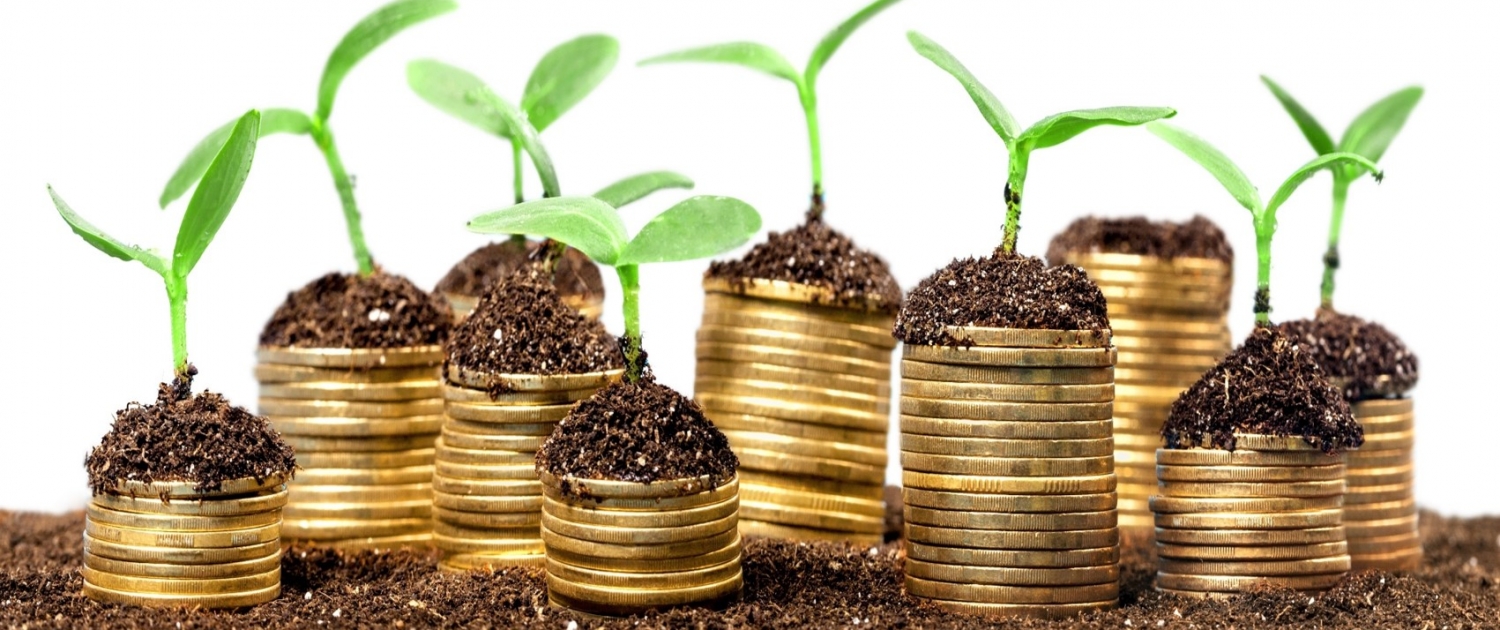 Shutterstock
Shutterstock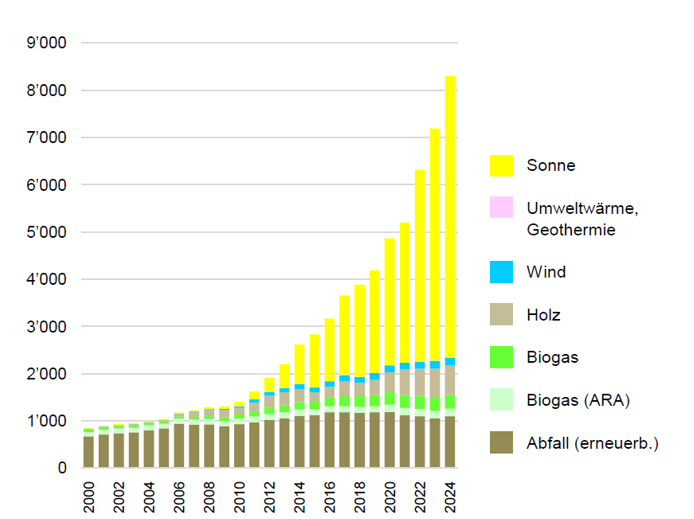 BFE
BFE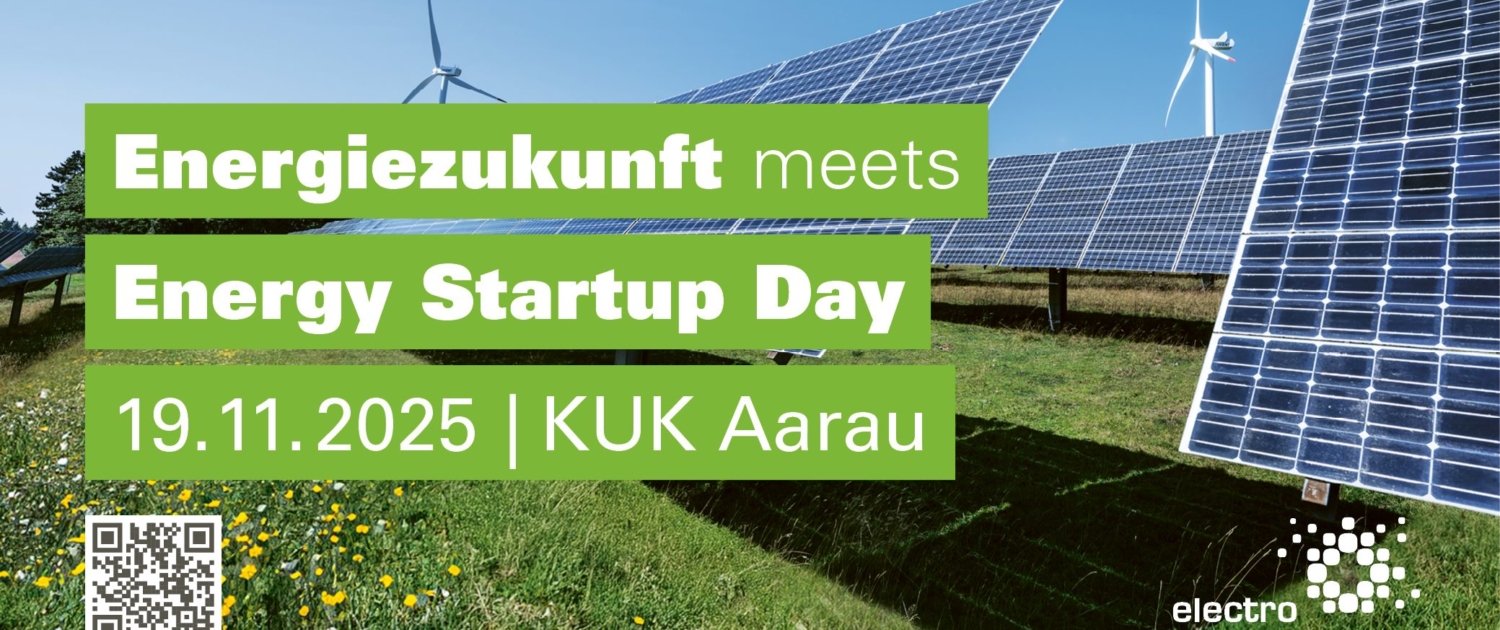 Electrosuisse
Electrosuisse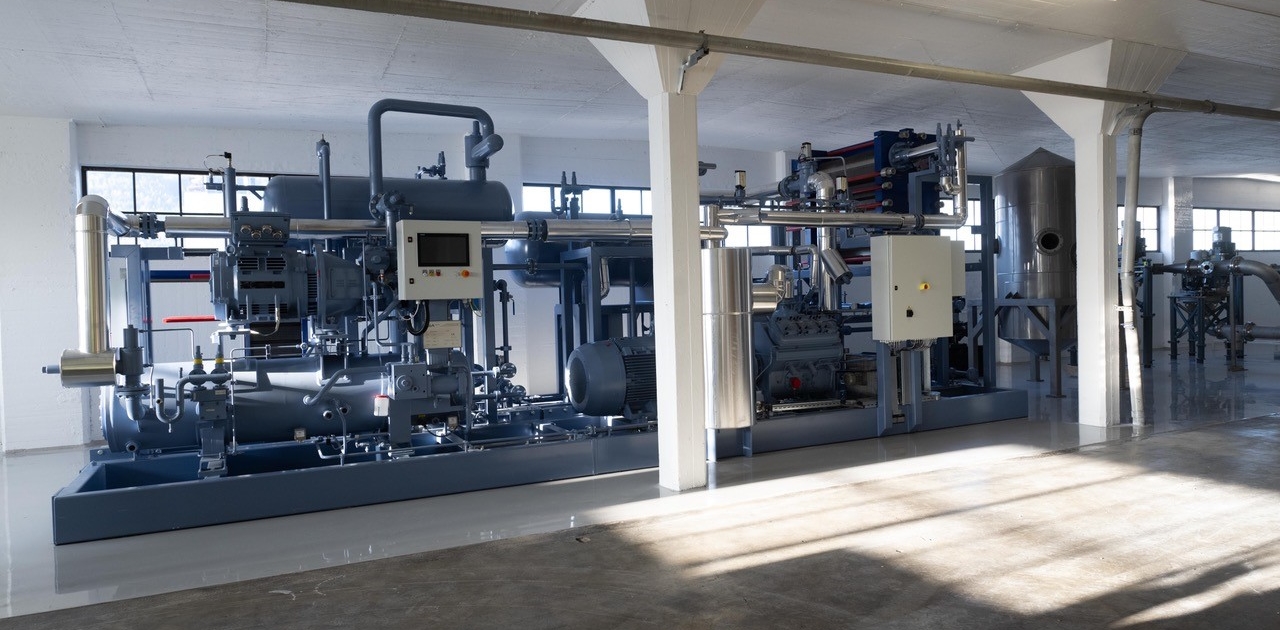 Aneo Industry
Aneo Industry  EMPA
EMPA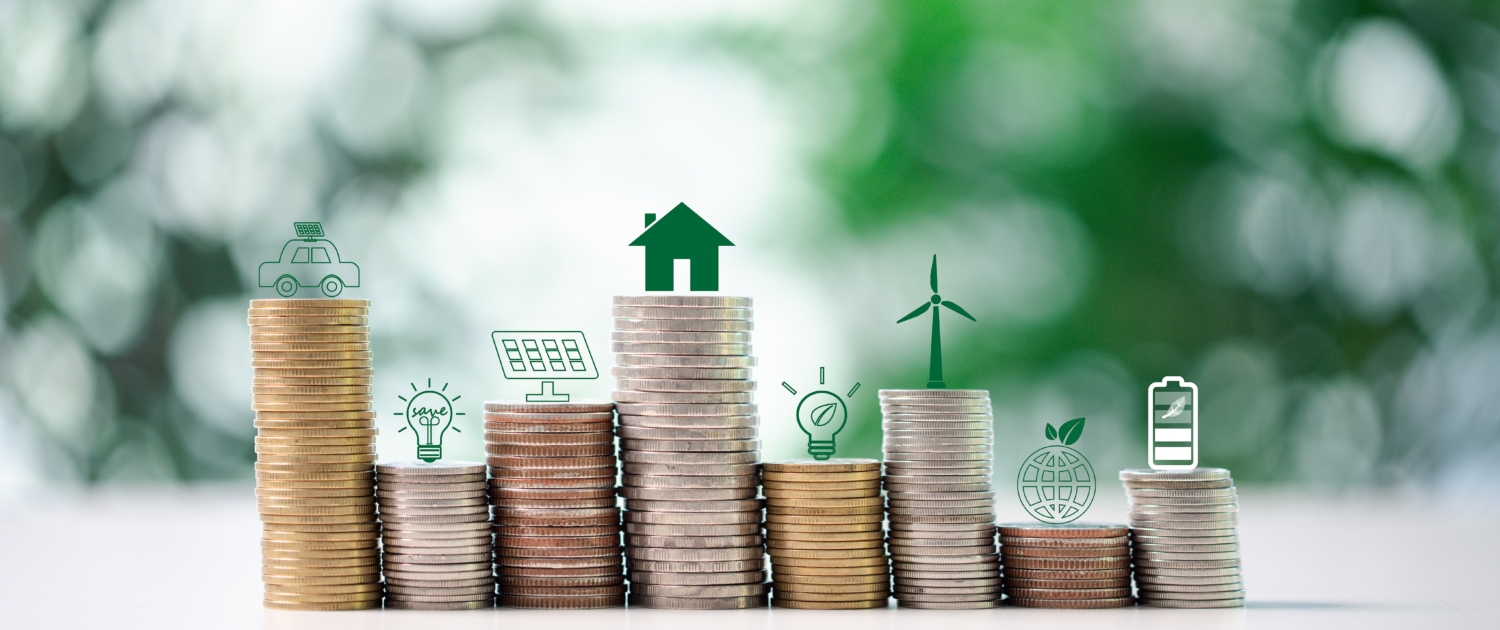 Shutterstock
Shutterstock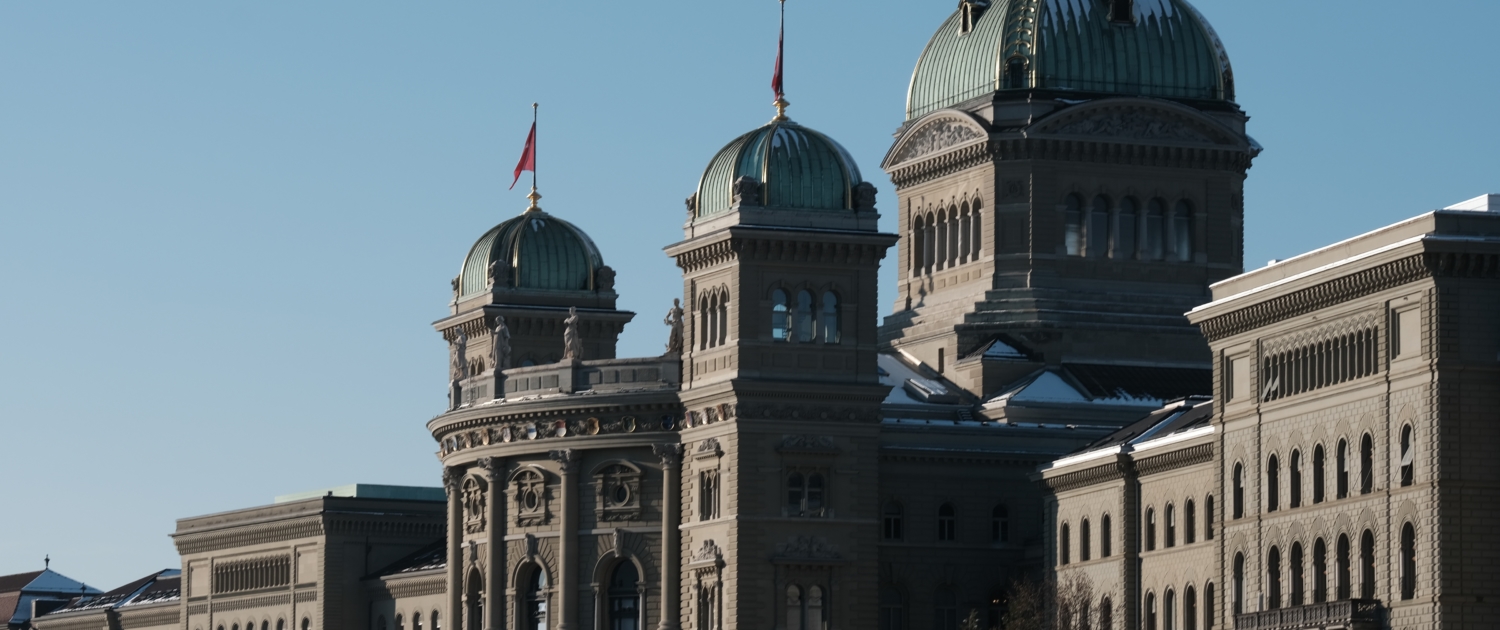 Parlamentsdienste
Parlamentsdienste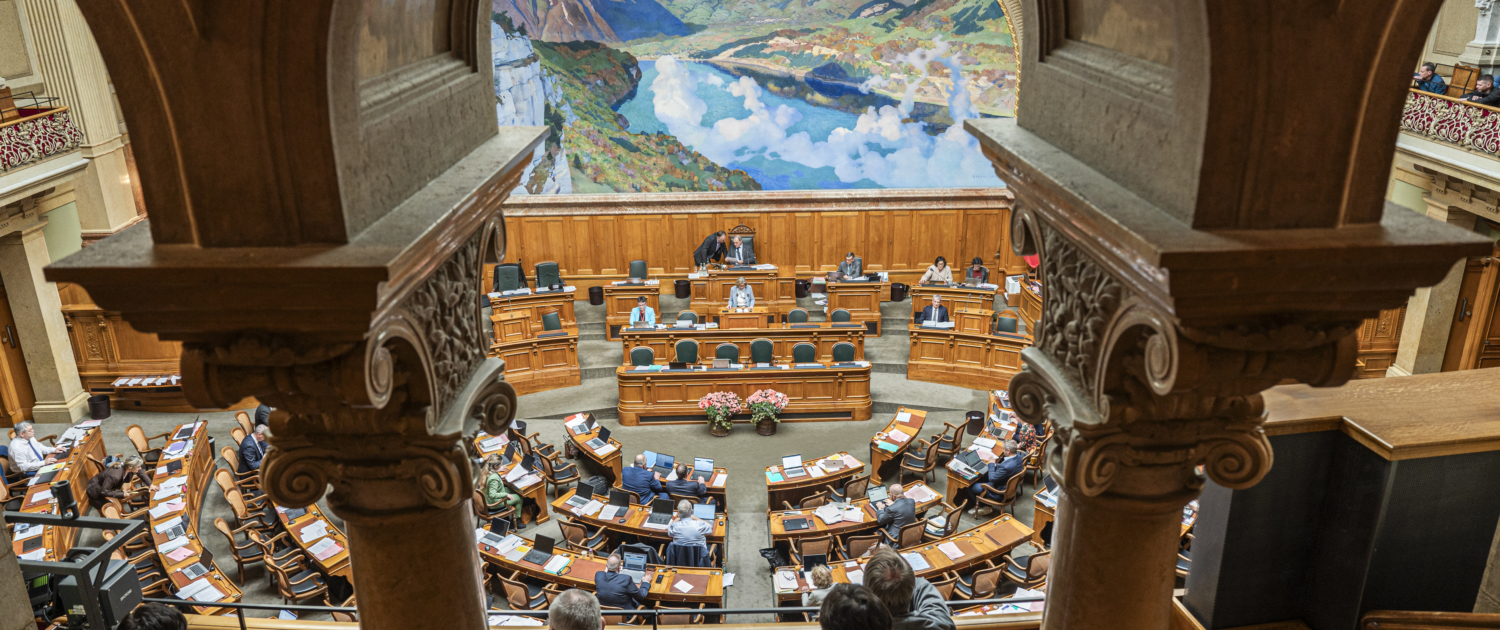 Parlamentsdienste
Parlamentsdienste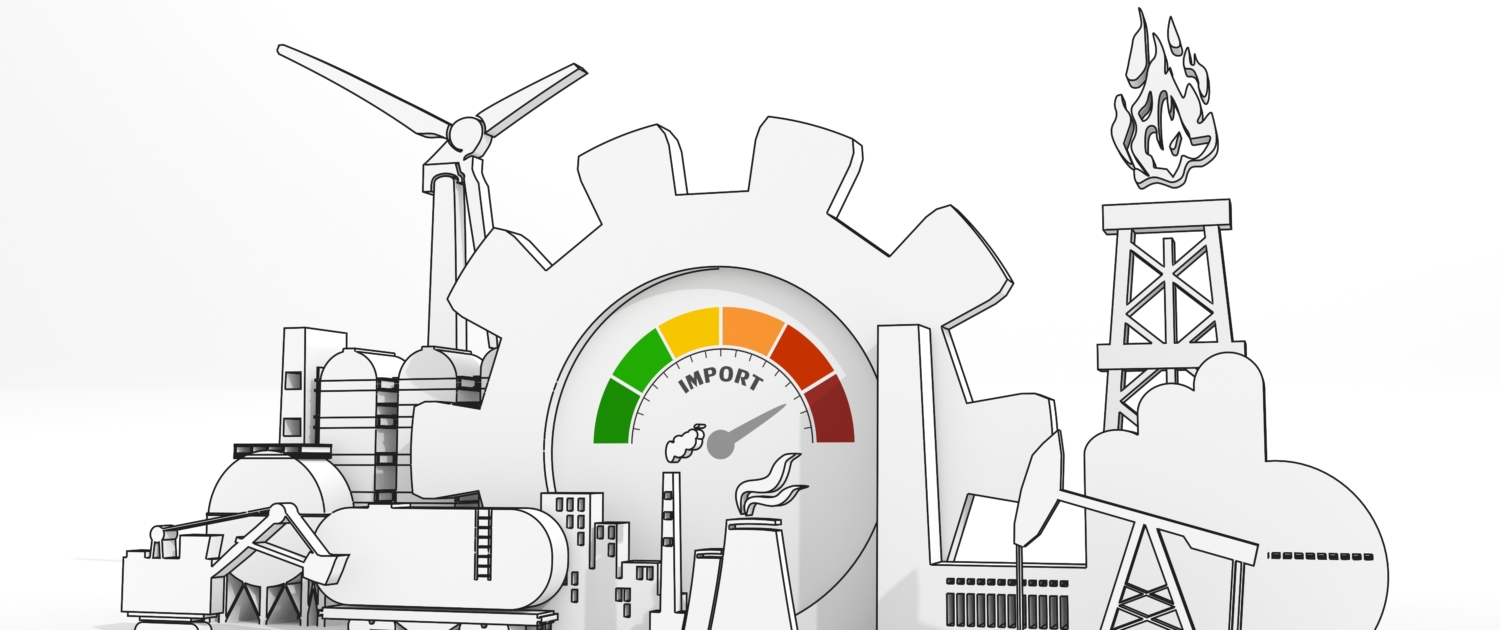 Shutterstock
Shutterstock shutterstock
shutterstock